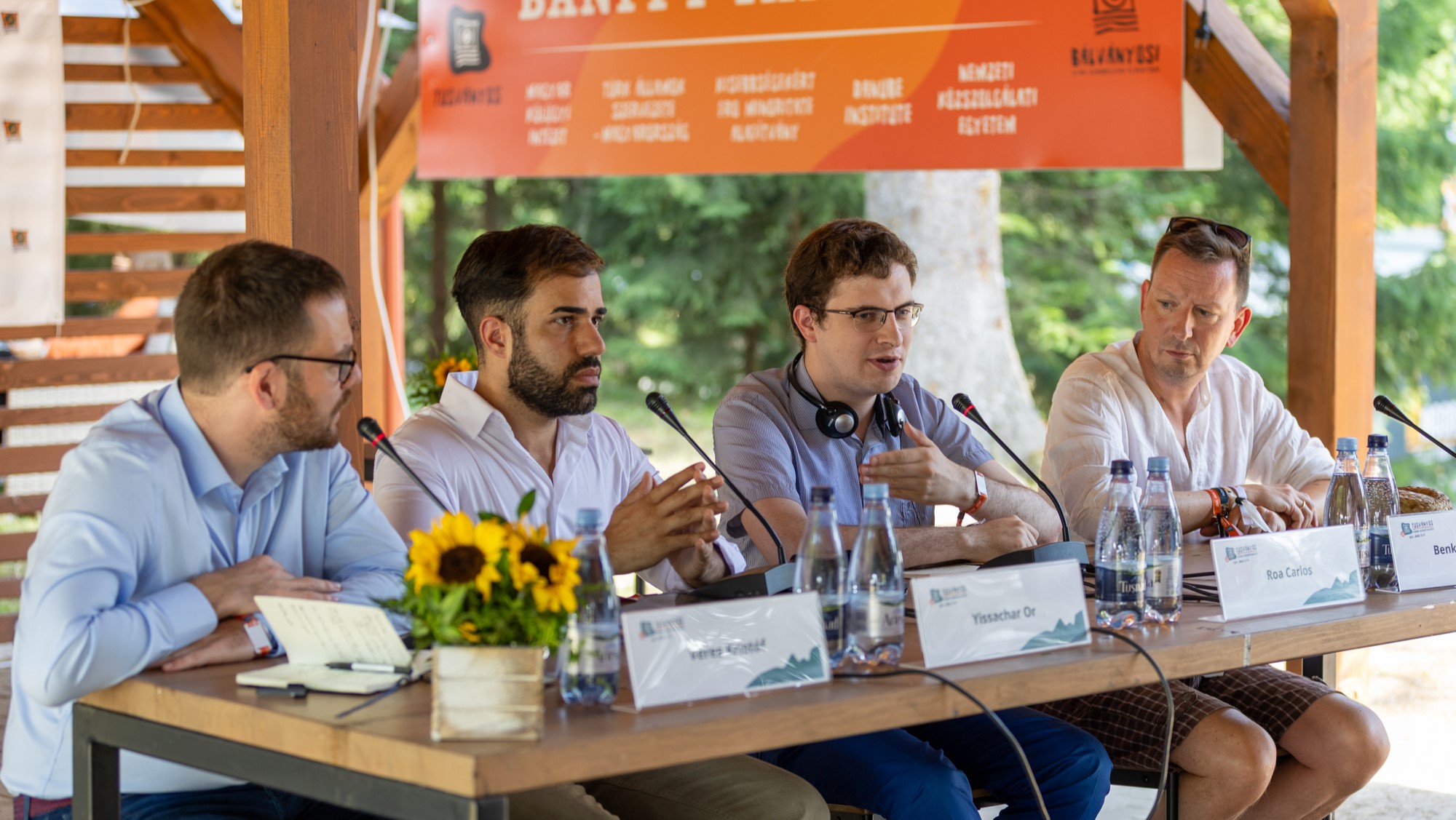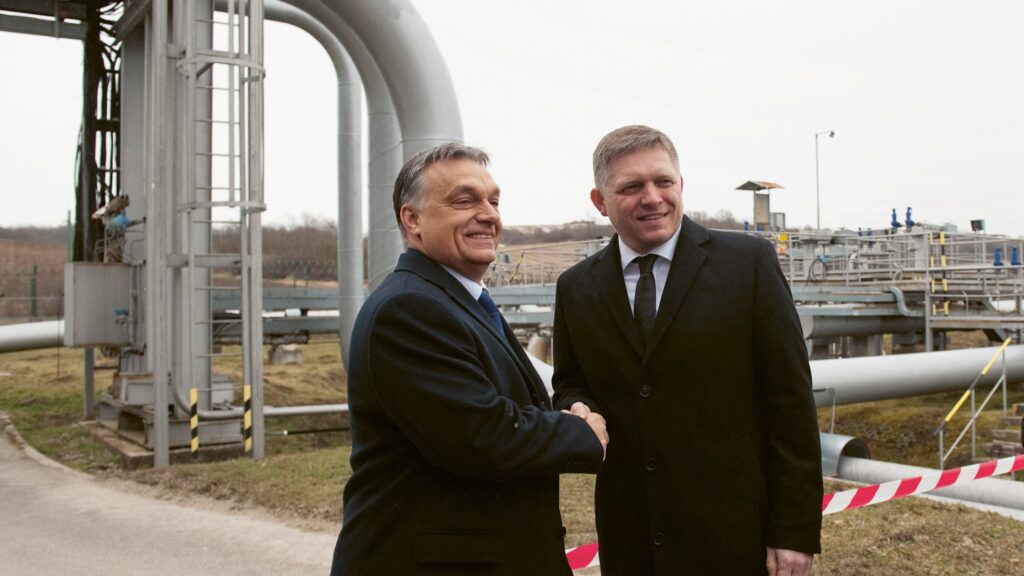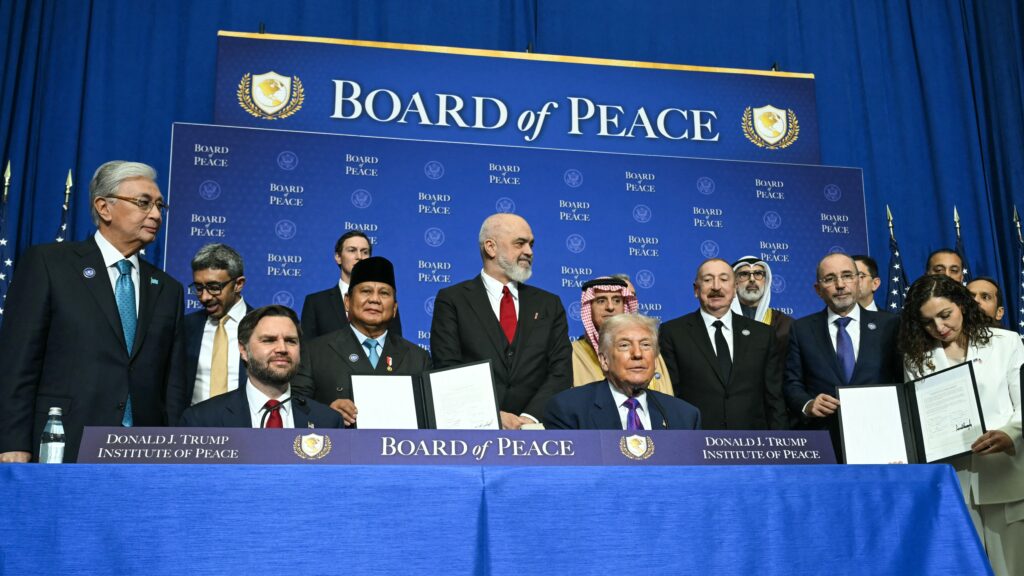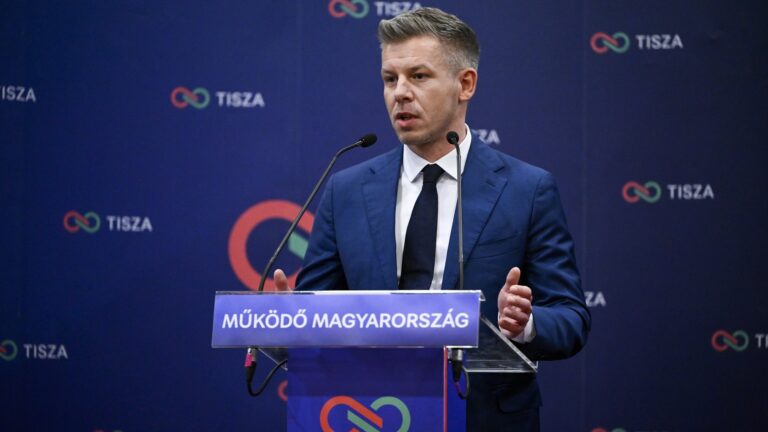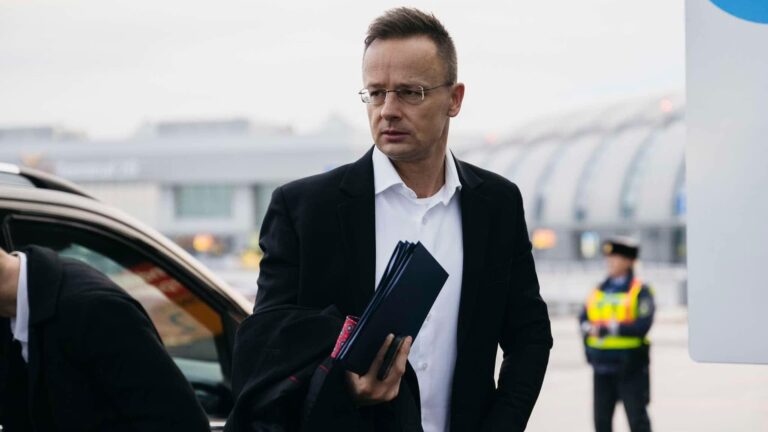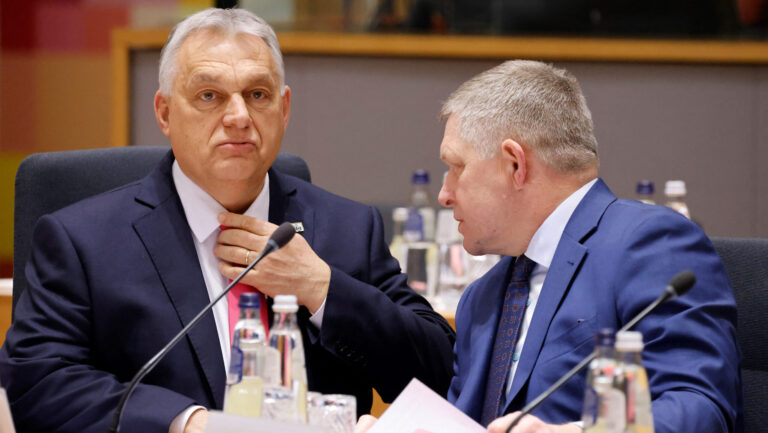According to Levente Benkő, who has served as the Hungarian ambassador to Israel from 2018 to 2023 and currently holds the position of international director for the Centre for Digital Sovereignty, a strong Israel is inevitable for regional stability, and Hungary also plays an active role in shaping the Middle East policy in the EU.
Israel’s position in the Middle East stability, the situation in Gaza and the fight for public opinion were in focus at the Tusványos Summer University in the panel discussion titled ‘Middle East: Who Pays the Price for Peace?’ organized by the Danube Institute. In the panel, experts like Director of Research at the Israeli Defence & Security Forum Or Yissachar, former Hungarian Ambassador to Israel Levente Benkő, and American geopolitical analyst Carlos Roa exchanged views on the topic, moderated by Head of International Relations of the Danube Institute Kristóf Veres.
Middle East: The Playground for Global Powers?
Since the war between Israel and Hamas broke out after the 7 October massacre of the Palestinian terrorist organization against Israeli civilians, the case of the old two-state solution came to the table of the global leaders again as an alternative to end the long-lasting conflict. However, the unexceptional brutality of Hamas showed that the world leaders have to be more creative and think of another solution for solving the conflict.
The discussion between the panellists of the Middle East topic in Tusványos touched upon this conflict and the peace process, highlighting the complexity of the situation, which depends not only on the two actors, Israel and the Palestinians, but also global powers and European countries, since the instability in the region has turned into a playground for these powers. This can be seen in the reaction of countries seeking to ‘solve’ the situation, often doing so for domestic political gain as they have a majority supporting the Palestinian ‘independence’ or have a mass Arabic population.
‘Some European countries attempt to make Israel a foreign policy scapegoat because they are unable to handle their own internal problems’
A central point of the discussion was that some European countries attempt to make Israel a foreign policy scapegoat because they are unable to handle their own internal problems, particularly migration and the resulting social tensions. Experts pointed out that in major Western European cities, the population of Middle Eastern and North African origin has reached such levels that political leaders are forced to consider the sensitivities of migrant communities, even when assessing the situation in the Middle East.
The panellist also discussed the European Union’s stance in the Gaza War situation, where some argued that the European Union applies double standards. While insisting on unanimity in certain matters, such as EU enlargement or sensitive foreign policy decisions, major powers often act unilaterally when it comes to Israel. A recent example cited was that several European countries are pushing for unilateral recognition of Palestinian statehood, even as the EU itself fails to follow its own rules consistently.
The Battlefield of Public Opinion
During the panel discussion, modern information warfare was also highlighted. The significance of the fight in the media and on social networks was discussed, as states or terrorist organizations are consciously shaping international public opinion, often through disinformation.
The acceptance only of data from local sources, such as the Palestinian health authorities in the context of Gaza, shows a one-sided stance from the Western press and political elite. Panellists emphasized that despite Israel’s military superiority, it is at a disadvantage in this narrative war because Western societies are extremely sensitive to reports of civilian casualties.
Israel Fights to Prevent More Waves of Terrorism
Or Yissachar, Levente Benkő, and Carlos Roa agreed that for Israel, the price of peace has always been the guarantee of security. They also emphasized that Israel is not only fighting for its survival but also to prevent the next, potentially even more devastating wave of terrorism. Therefore, the support and strengthening of Palestinian terrorist groups could have unforeseeable consequences for the entire region’s stability.
Or Yissachar, who comes from Israel, explained the everyday aspect of the war for the Israeli society, stating that the Jewish country pays a huge price for fighting not just for its survival but the fight against the region’s stability, with young soldiers and their families making significant sacrifices on the frontlines.
He emphasized that the goal of military operations, however, is not bloodshed, but to eliminate armed threats with as few civilian casualties as possible. Yet, according to the panellists, Western media often distorts this, replacing the complex reality of war with oversimplified narratives.
At the end, the speakers called attention to the fact that without understanding historical parallels, today’s conflicts cannot be properly interpreted. The price of peace in the Middle East is not only measured in diplomatic agreements, but also in the battle for information and the continuous shaping of public opinion.
Related articles:

